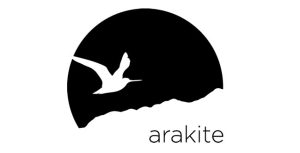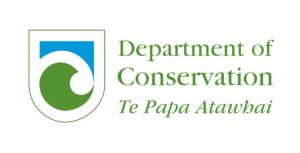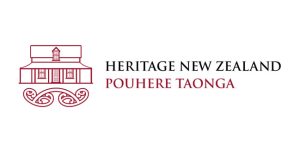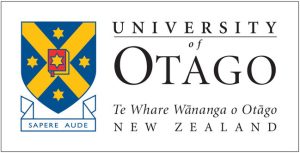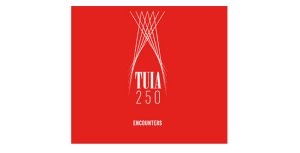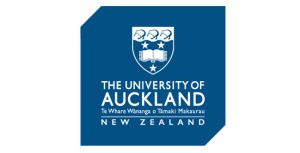Arakite Charitable Trust
About Us
Arakite Charitable Trust
Arakite Charitable Trust was designed as an adaptable educational platform to identify problem areas in the broad concept of modern Maori education, to assess historical shortcomings and distractions, and to explore solutions, then to establish projects to work on those solutions. The creative concept of the Trust extended to study of opportunities in early childhood education and professional training. When Tuia 250 grant applications were solicited, the trustees – Matutaera Te Nana Clendon, Robert Sydney Willoughby and Dr Manuka Henare – saw they might use that funding in promotion of their educational mission into the most basic research into the origins of Maori culture and learning.
The Tuia 250-funded Mangahawea archaeological excavation is both a result and an example of this interdisciplinary and even international approach to Arakite Charitable Trust’s intent to invigorate Maori studies, and to inspire Maori students. Aside from the excavation’s historical and archaeological success, international attention has come to the Mangahawea excavation for its unique organization: Conception by the community under study, funding organisation by that community, logistical organisation by the community, ritual management on site by the community, archaeological and support work on site by community members hand in hand with invited specialists, ownership of artefacts and data by the community, and publication by the community.
Funded by the same Tuia 250 grant, the Voyaging Wananga is another development of the Trust mission. Decades before the current debate about mātauranga Māori in schools, scientists of navigation, astronomy and culture recognized the purposeful travel of Polynesians throughout the Pacific as a science, and that the idea of accidental settlement of New Zealand was incredible. The heart and hearth of the meeting between Maori and the non-Polynesian world is the Bay of Islands – which we call Te Pewhairangi – Moturua, Korororipo Kerikeri, Rangihoua, Kororareka Russell and Waitangi stand as monuments to that meeting. Now we know that Mangahawea was one of the earliest stepping stones at the end of the voyage from Hawaiki. And Cook and Marion-duFresne were there. Now our Maori mariner/scientists Jack Thatcher and James Eruera have joined those historic figures in wananga, conference, with today’s historians, archaeologists, astronomers, biologists, geologists, geneticists and laboratory chemists, under the mana and sponsorship of Arakite Charitable Trust and its trustees.
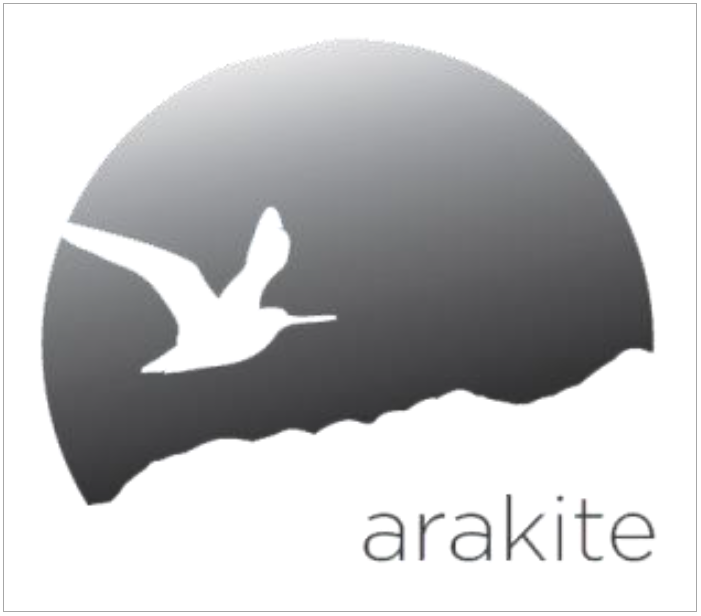
Trustees of Arakite Charitable Trust

Matutaera Te Nana Clendon
My name is Matutaera Te Nana Clendon. I was born 8 October 1939 and grew up at Te Rawhiti. Ngāti Kuta and Patukeha were always fishing peoples. Together we supplied fish and kaimoana to several marae for tangi, weddings, festivals etc.
My whānau lived and farmed on Moturua and also farmed the other motu, Motukiekie, Okahu (RedHead) and Waewaetorea. On February 27 1967, the kaumatua and kuia of Ngāti Kuta and Patukeha summoned me and two others to a meeting at the marae. The old people directed that I lead Ngāti Kuta at that time in hapū affairs.
After his election to lead he was immediately and unexpectedly confronted by the Crown’s efforts to alienate Maori land. Through those years of resistance and negotiation, successfully culminating at least in the Hauai Deed of Settlement, 1993, he also worked in Auckland returning constantly to Rawhiti to fulfil his role obligations.
With others, he founded Maori language pre-schools in South Auckland and in 1996 they opened a Maori primary school Te Kura Akonga o Manurewa. His own Waitangi Claim 1307 was presented in 2013 and awaits redress.
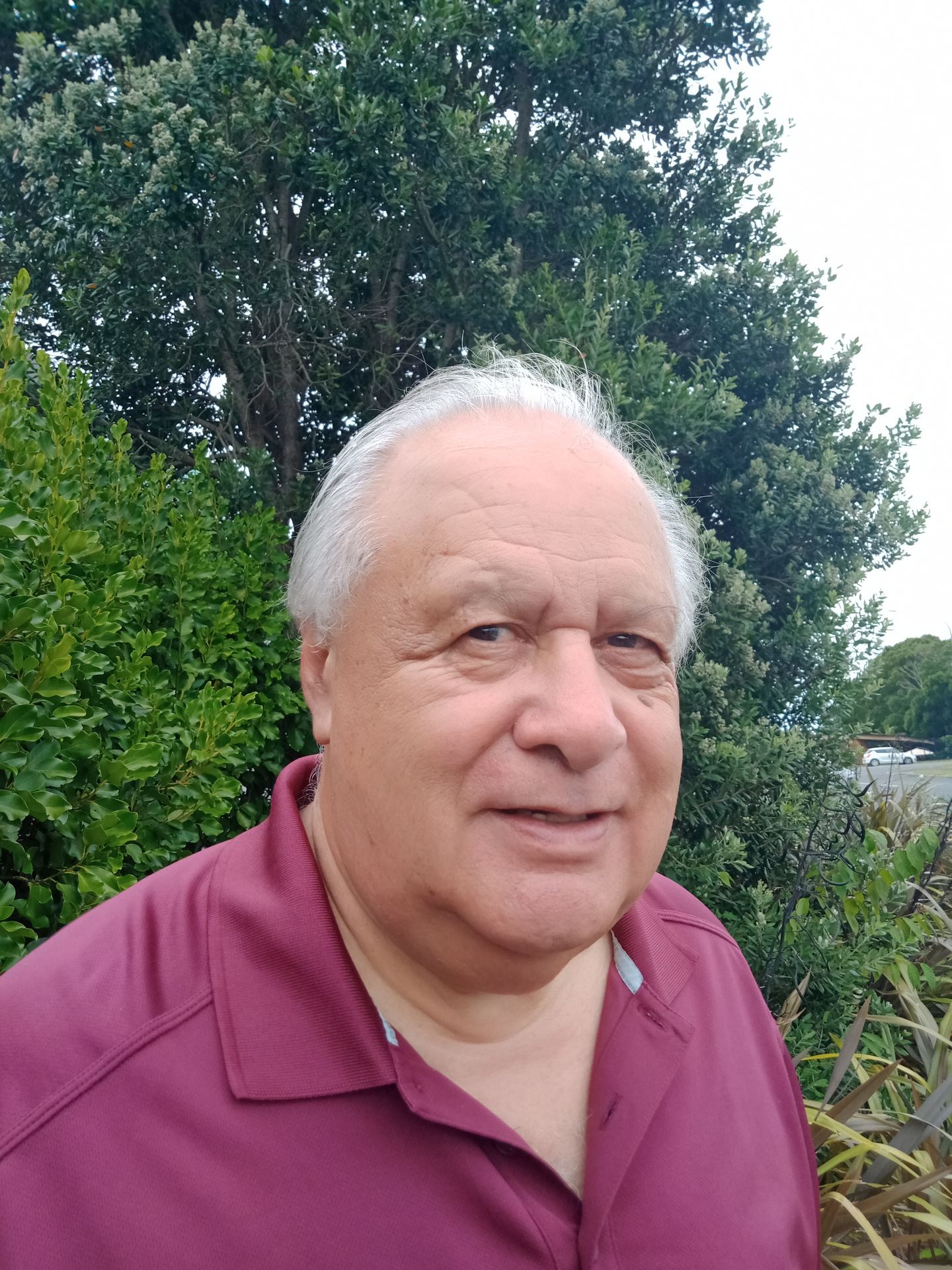
Robert Sydney Willoughby
My name is Robert Sydney Willoughby. My hapū is Ngāti Kuta and my marae is Te Rawhiti. I was born in Kawakawa. My knowledge has been passed down to me by my elders, by my mother Mere Willoughby (Rewha) and from my own experience in
living at Te Rawhiti and working with the hapū. I have worked for the hapū and Te Rawhiti community in several roles. I have previously given evidence in WAI 1307 on the tikanga of our people in respect of our rohe whenua and rohe moana.
Robert Willoughby is a Maori social and business organizer and activist. His responsibility in representing the Trust to business and government stands on his decades in international business. His particular expertise in planning has guided government/hapu relations in management of land and fishery assets. Particularly, he enabled Te Rawhiti Community’s acquisition of HMNZS Canterbury, as an artificial reef for promotion of biodiversity, and for study and teaching of marine biology in a protected underwater environment.

Prof. Manuka Henare, PhD
Prof. Manuka Henare, PhD, participated in sponsorship and organisation of the Voyaging Wananga, and addressed opening remarks to the session, with Prof. Anne Salmond. Henare died in January 2021.
Manuka Henare went on from Whangape to become recognised the outstanding Maori Catholic scholar of his time. His research, publication and teaching in anthropology and in business administration inspired two generations of Maori students, researchers and business people. Founding director of Caritas Aotearoa, University of Auckland professor, developer of the Kahurangi (Dame) Mira Szászy Research Centre, Henare’s knowledge, energy and the respect he held throughout Aotearoa supported and enabled the wide effect of Arakite Charitable Trust.

